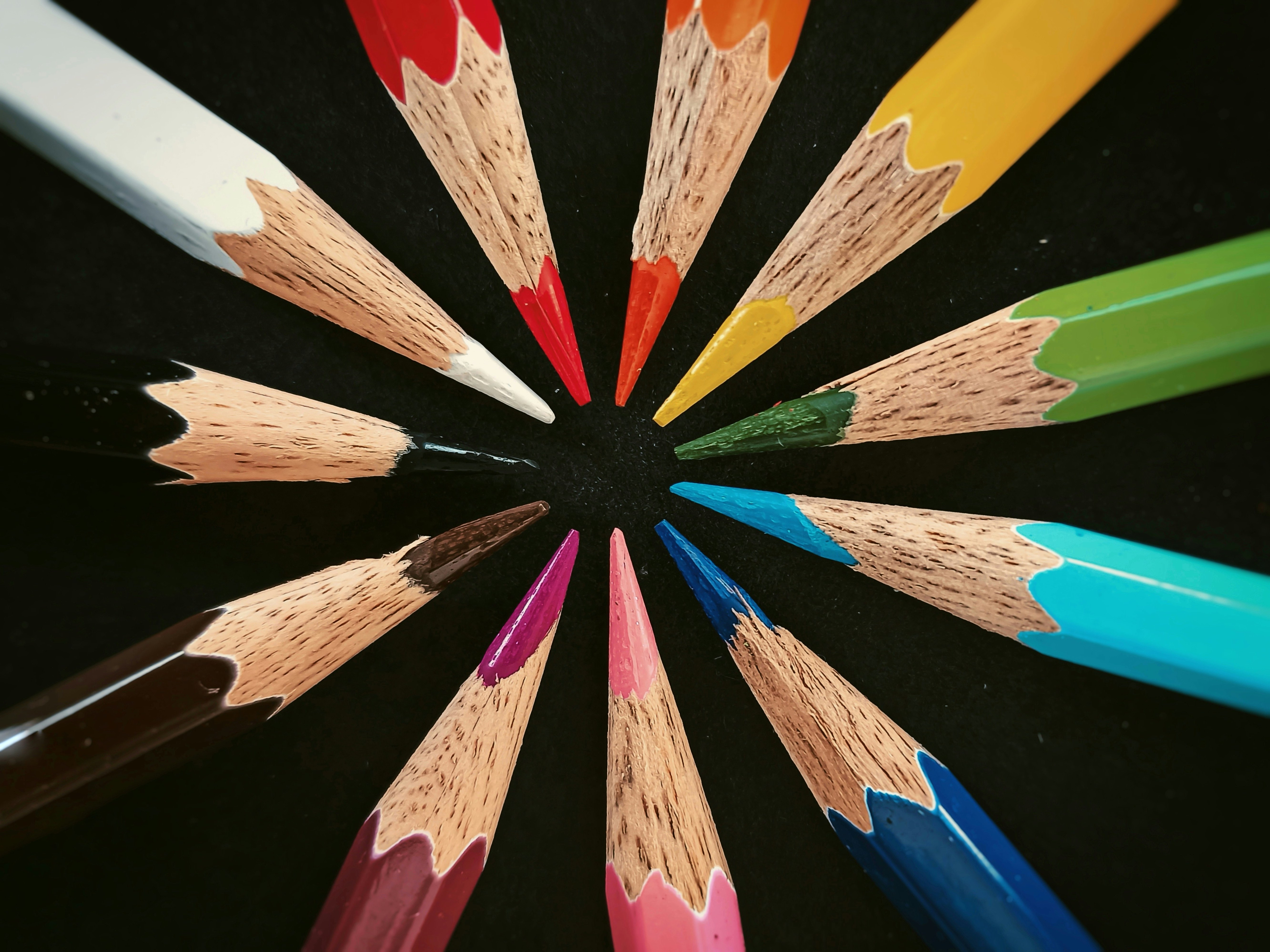Homogeneous and Heterogeneous Groups in Therapy
-
-
Anthea Benjamin
What kind of group therapy is most therapeutic, and for whom? In the second of several blog posts about the power of group therapy, Group Analyst and Arts Psychotherapist Anthea Benjamin compares her work facilitating groups formed around sameness and those formed around difference – and considers how homogeneous and heterogeneous groups can variously function to facilitate ego development, address oppression and afford new experiences of identification.

Generally, groups are split into two categories. Homogeneous groups are set up with a focus to support the development or address a core wound of members who have a specific similarity. Heterogeneous groups are set up without a central focus, with group membership not based around common experiences of all members – although there will be some overlapping experiences.
Groups for survivors of abuse are examples of homogeneous groups. These groups may be focused on building internal safety and befriending one’s own body. And in these groups, the powerful experiences of resonance and mirroring are amplified for members who often feel marginalised – and can lead to a re-humanising experience (Foulkes, 1964).
Feedback is often on how helpful it has been for members to have a group based on shared experiences – one where the nuance of their shared experience can be understood in a way they never really experienced in mixed spaces, however empathic. Herman has written about focused groups on interpersonal violence providing an unparalleled opportunity to combat social isolation, and connect with resilience and self-esteem.
The same would be true with group work with people with a diagnosis of so called borderline personality disorder. These groups can provide a safe space to address specific difficulties with making sense of relationships and feeling overwhelmed, both reducing isolation and instilling hope. These groups may be more intervention focused, and for instance might involve developing mentalising and mindfulness skills to deal with self-regulation and struggles in relationships.
I have been an advocate for these short-term homogeneous groups, which can be criticised as light touch. I see them as an effective form of ego development for members who may find working in groups without a focus too challenging and anxiety provoking. Such groups can often be a foundation for members to go on and do long-term group work.
Since 2020, the need for identity-focused groups has become more widely recognised. The idea of mixed groups offering universality of experiences has led to harm for a range of people with minoritised identities. Group facilitators can often be unsure how to address these dilemmas and leave it to the group to resolve, which can lead to oppression not being addressed in the group setting. This needs to change.
I have been particularly interested in developing groups focused on whiteness for white members, with a focus on reflecting and understanding how whiteness creates a blind spot in their practice and relationships. In these groups there is a focus on unlearning and this often requires reading and re-educating about race as well as having reflective spaces to process learning relationally.
I have also developed groups for black people and global majority members, with a focus on addressing racial trauma and processing experiences of racism and intuitional oppression. In racial trauma spaces the work is more about acknowledging the racial tropes that members are experiencing, processing trauma load in their bodies and the healing impact of mirroring within the group.
Mixed groups nonetheless remain important spaces for growth and healing. When I run mixed groups, I tend to track the issues of sameness and difference as they arise. The role of the facilitator is to name these themes as they emerge and to hold in mind the shifting sub-groups as they unfold: the group is likely to re-enact social issues, and the facilitator’s role is to make sure this does not happen blindly.
These tensions will exist within focused groups as well but arguably the shared focus can keep the differences at bay, where mixed groups thrive on working with these tensions and using them for developmental opportunities for growth.
In mixed groups, the work is to find the commonalities between members and build group cohesion through shared resonances. This requires me, as the facilitator, to do more translation of their experiences of differences and acknowledge this. This often leads to important new and sometimes surprising experiences of identification.
This does not mean there will always be common ground but that the group can find an entry point of relating and being together, and when they can’t, will commit to staying in the room with each other and working things through over time. Mixed groups can then become a vehicle for members to work together across their diversity, to find a shared understanding and meeting place.
Whichever type of group you choose to facilitate or to join as a member, they are a dynamic medium for growth.